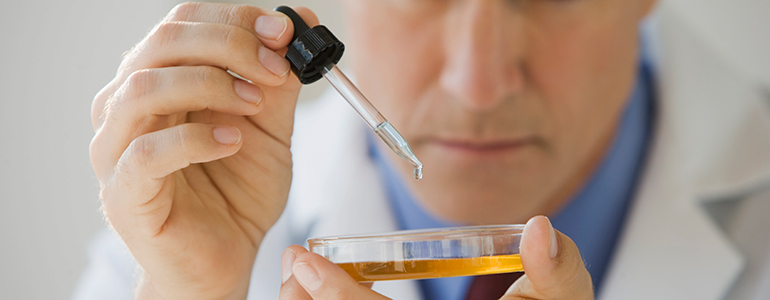Sample testing in the global food supply chain

01 Sep 2015
Where and how often in the supply chain should food sample testing take place?
sample testing forms a key part of any food safety management system within the supply chain and plays an essential role in the protection of brands, organisations and ultimately the consumer. within the uk alone, there are over 500,000 cases of food poisoning per year from known pathogens (fsa 2014), up to ten people die from a recognised food allergy (allergy uk 2014), food fraud is costing businesses over £11bn (food manufacture 2014) and over 1,500 food contamination incidents are reported annually (fsa 2013).
the simple answer to when and how often food sample testing should take place is that it should be implemented at every stage along the supply chain. however, in reality, the answer is much more complex. this is due to the nature of the supply chain, the different requirements of retailers and is dependent on the size of the organisation.
for smaller businesses, the supply chain tends to be relatively short so regular testing will take place at supplier, producer and retailer level. for larger organisations, in order to reduce costs, supply chains can be vastly complex, extending back to suppliers and producers around the world and resulting in distribution to international markets. in this case, businesses have to rely on due diligence and trust as the supply chain cannot be as tightly controlled. large organisations often have their own supplier management programmes in place to monitor and control each of their suppliers. here, frequent and random testing will take place, along with regular audits, in order to ensure the safety of ingredients and the end product.
businesses also need to consider which tests they need to carry out – from shelf life, nutritional analysis, label validation and microbiological testing to allergens and speciation identification – the list is endless. regulations have been put into place around the world in order to not only protect the consumer, but to also guide organisations in implementing effective food safety practices within their businesses.
it is the responsibility of organisations within the supply chain to get their products to market, ensuring that they are safe, legal and market compliant, through all stages of the product life-cycle and beyond. this can be achieved through regular and frequent testing, meeting food safety regulations in local and international markets, effective auditing programmes and the implementation of best practices. global consumer confidence is increasing, as is the demand for safe and quality food. delivering this should be the core of an effective supply chain, ensuring the survival of a prosperous food industry.
in order to understand more about protecting your supply chain, register for the next webinar in our food for thought series on “protecting your products against food fraud” which will be held on wednesday 16 september 2015.
